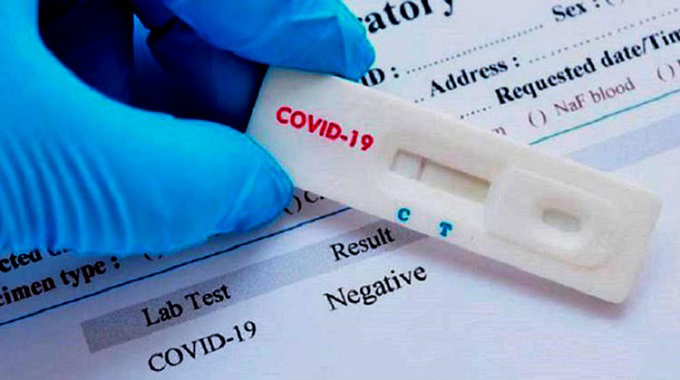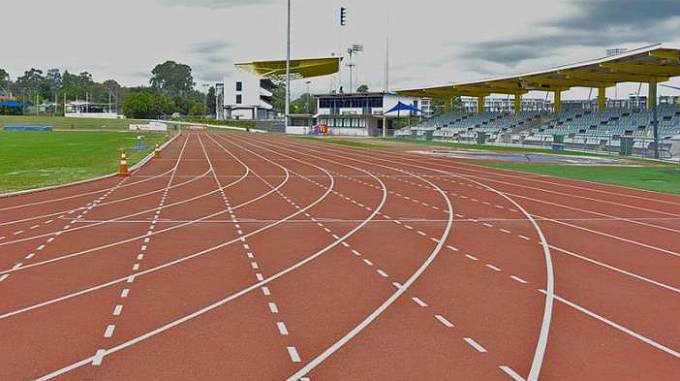Covid-19 disrupts service delivery

Farirai Machivenyika
Senior Reporter
The Covid-19 outbreak in Zimbabwe last year curtailed the delivery of service and disrupted livelihoods following measures implemented to contain the spread of the pandemic, the 2020 Zimbabwe Human Rights Commission (ZHRC) reveals.
The report was tabled in Parliament last week.
In its executive summary, the ZHRC said Covid-19 had disrupted livelihoods and operations of a number of entities, including itself.
“The lockdown measures to prevent and contain the pandemic aggravated the already compromised service delivery, reduced production, disrupted livelihoods, overstretched the health sector and negatively affected other rights such as the right to education, right to food and right to water.
“Access and delivery of basic services such as refuse collection, processing of national documents and pensions, repair of roads and other infrastructure deteriorated,” said the ZHRC.
Zimbabwe has been under Covid-19 lockdown restrictions of varying degrees since the first one was in March last year.
However, ZHRC said despite the lockdown restrictions it handled a number of complaints during that period.
There was an increase in cases received from 459 in 2019 to 642 in 2020 after ZHRC devised innovative ways of receiving complaints round the clock through its hotlines and social media platforms.
The commission also conducted 26 mobile human rights clinics where 123 cases were received.
Of the 642 cases received, 118 were referred to various organisations which were better placed to deal with them such as the Legal Aid Directorate (LAD), Legal Resources Foundation the ZRP, Zimbabwe Lawyers for Human Rights (ZLHR) and the Registrar General’s office, among others.
Two cases were withdrawn by the complainants while 12 were declined for lack of jurisdiction and 197 cases were pending.
The ZHRC conducted monitoring missions on the following, among others; Parliamentary Public Hearings on the Constitution of Zimbabwe Amendment Bill (HB-2-2020) and the Cyber Security and Data Protection Bill, 2019; Covid-19 preparedness, adherence, and response mechanisms in places of detention and places where persons are institutionalised namely prisons, children and older persons’ homes, refugees and internally displaced persons’ camps and quarantine centres.
“The commission also monitored how Covid-19 impacted on the general human rights situation including access to social services and other basic needs, adherence to Covid-19 lockdown measures by citizens and schools, and proffered recommendations to the responsible ministries.
“The commission conducted human rights awareness raising outreaches (including Covid-19 awareness) in close to 42 different areas in the country,” said the ZHRC.










Comments